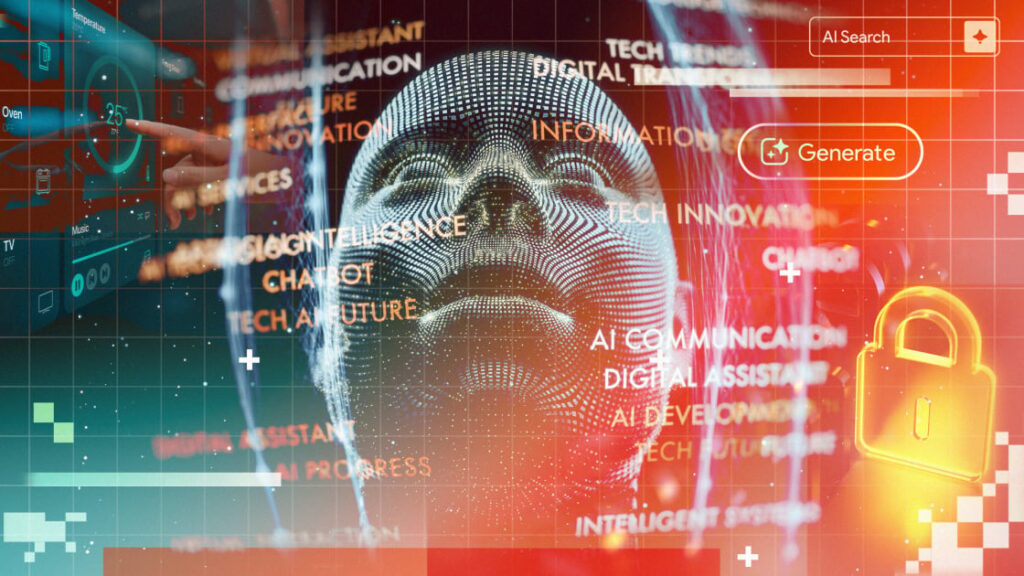The recent 34th RSAC Conference concluded, setting a new record with 44,000 participants. This year’s gathering featured 730 speakers, 650 exhibitors, and 400 members of the media, solidifying its status as the largest security conference of the year. PCMag attended numerous sessions and events that showcased the latest in cybersecurity.
Here’s what we discovered during this enlightening week with top security experts.
1. Artificial Intelligence: A Double-Edged Sword
The conference highlighted numerous discussions on AI. Key topics included the safety of delegating important tasks to autonomous AI, methods for managing and verifying non-human identities, and concerns over job displacement due to AI. Although we couldn’t attend every AI-related session, we captured notable insights.
Generative AI systems like ChatGPT are well-known and rely on vast amounts of input data for accuracy. Past presentations at RSAC have indicated that cleverly engineered prompts can prompt AI to break its internal rules, resulting in the release of sensitive information. Erez Yalon from Checkmarx demonstrated how easily an AI can be manipulated to produce harmful and incorrect outputs by corrupting its input data.
Interactions with AI chatbots can give the illusion of conversing with a sentient being. Many young individuals believe that AI possesses or will soon gain consciousness. However, security expert Ira Winkler debunked this misconception in his session titled “AI Is Just Math: Get Over It!” He suggested that those aiming for job security in this field should consider pursuing advanced math degrees.
2. The Rising Tide of Scams—Staying Secure
The older population finds themselves navigating an online landscape they did not grow up with, which can expose them to various online scams. Kerry Tomlinson, with her background in TV news, shared strategies for safeguarding vulnerable seniors against online threats, particularly addressing age-related changes that can affect their abilities to protect themselves.
While everyone can be susceptible to scams, several presentations focused on detection and prevention. Ayelet Biger-Levin from RangersAI shared six essential tips everyone can use against scammers. Meanwhile, Jennifer Minella from Viszen Security provided straightforward methods to safeguard home networks and devices, suitable for users of all technical levels.
3. Government Initiatives in Cybersecurity
Despite varying opinions on government agencies, DARPA’s contributions, such as the foundation for the internet through ARPANET, are undeniable. Their current initiative, the Artificial Intelligence Cyber Challenge (AIxCC), aims to enhance cybersecurity and is set to conclude at the DEF CON conference following Black Hat this summer. A highlight of the RSAC was a virtual tour of Northbridge, a simulated city emphasizing the importance of protecting our infrastructure.
A panel discussion brought to light ongoing efforts against North Korean hackers attempting to infiltrate global companies. Legal experts discussed the intersection of law and AI technology, outlining challenges in addressing the legal implications of advancements like deepfakes and AI.
4. Envisioning a Privacy-First Web
While much of RSAC focuses on immediate cybersecurity concerns, a discussion with security expert Bruce Schneier highlighted a future for the web prioritizing privacy. This vision, rooted in the principles of Sir Tim Berners-Lee, seeks to develop technology that fosters a more private and user-friendly internet.
As RSAC wraps up, attendees depart with fresh ideas, industry connections, and anticipation for Black Hat in a few months. For further insights, explore our complete RSAC coverage.



